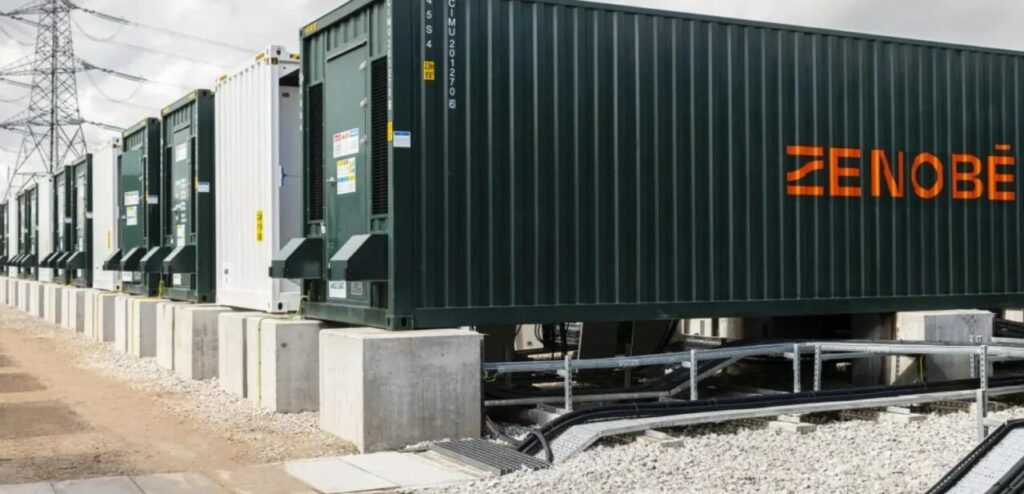
A coalition of battery energy storage developers says constraint skips are “holding back investment and driving up consumer bills”.
In a letter to the UK government and the ESO, ahead of it becoming the National Energy System Operator (NESO), developers including Field, Harmony Energy Zenobē and Eelpower, argue that the ESO consistently underuses—“skipping”—batteries in its efforts to handle energy oversupply.
Even when batteries are the cheapest and fastest way to meet the demands of the GB grid, the ESO favours other options: when there is too much wind power and the system is unable to transport it elsewhere, the most straightforward options are to turn off the turbines or store the excess in batteries. Often, the latter is cheaper as it avoids the ESO having to pay wind farm operators to switch off and potentially paying for gas-fired power plants in another area to turn on.
Data collected by the battery storage developers shows that some battery sites are skipped over during constrained periods 90% of the time. According to the letter, the consequences of this see “consumers paying more, clean renewable energy being wasted and fossil fuel generation used instead”.
In solving the issue of constraint skips, the coalition argues, the government will deliver lower consumer bills and give investors the confidence to invest in the UK energy transition.
In 2021, National Grid ESO’s Modelled Constraint Costs Network Options Assessment (NOA) 2020/21 paper suggested that constraint costs for consumers could hit £2.5 billion per year over the next decade.
Notably, the letter focuses on the potential for private investment that government legislation could open up. Zenobē founder James Basden said: “Solving this issue does not require major new investment or infrastructure. With more transparency and engagement with industry, we can fix this quickly. The government has an opportunity to cut bills and emissions by ensuring that grid-scale batteries are being properly utilised and that the market is fit for purpose.
“As a coalition, we are ready to work together with the government, the ESO and Ofgem to urgently fix this long-standing issue and reduce the consistently high levels of constraint skips we are seeing.”
Peter Kavanagh, CEO of Harmony Energy, added: “Urgent action on Balancing Mechanism skips is required if we are to deliver a sustainable future for Britain. If we get this right, we can unlock investment and deliver value for consumers right across the UK.”
This article was originally published on our sister site, Current±.

